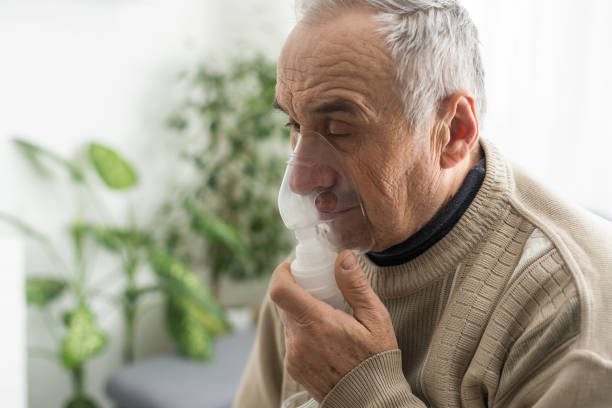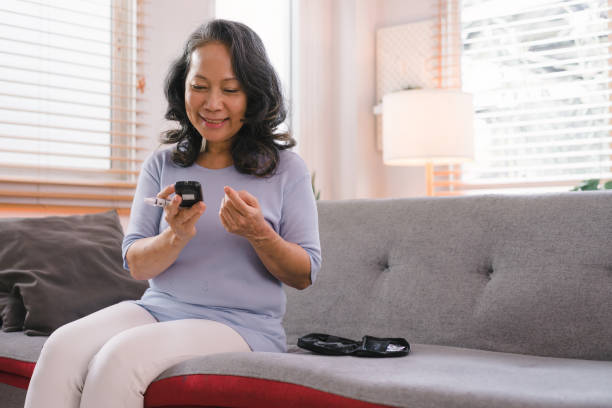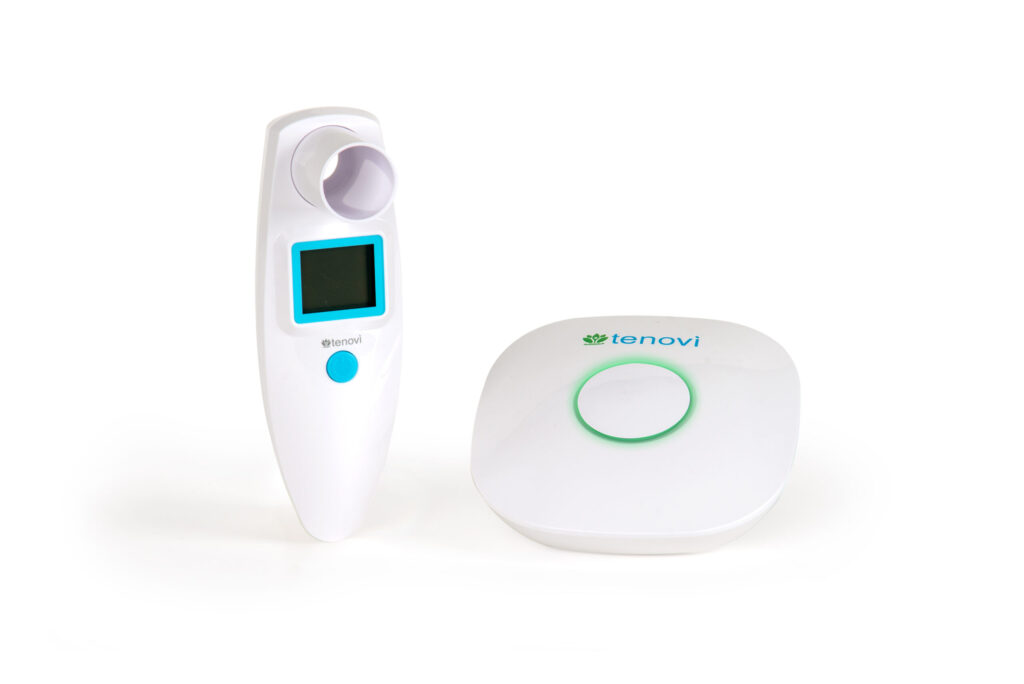Strategies to Reduce Hospital Readmission Rates in COPD
Chronic Obstructive Pulmonary Disease (COPD) remains a significant public health challenge in the United States. It is one of the leading causes of hospitalizations and readmissions. Recent research highlights alarming readmission rates for COPD, the associated financial burden on the healthcare system, and promising strategies to reduce these rates. Health systems are increasingly utilizing remote […]
Strategies to Reduce Hospital Readmission Rates in COPD Read More »









